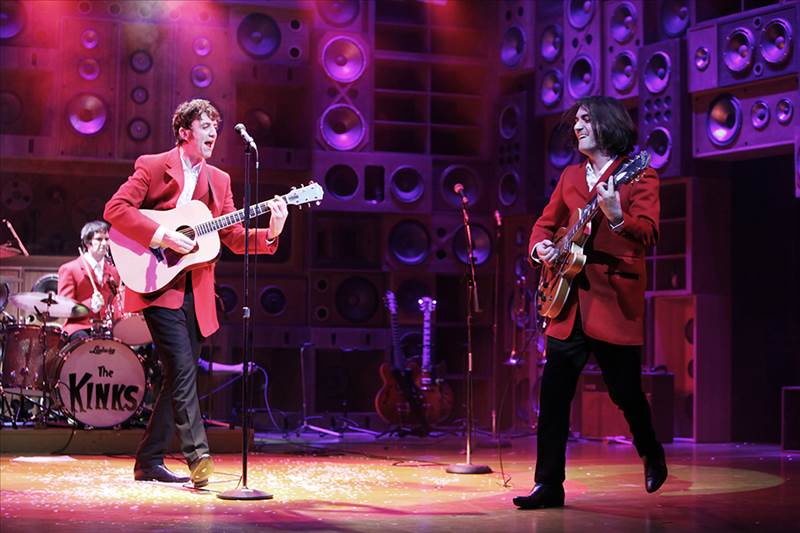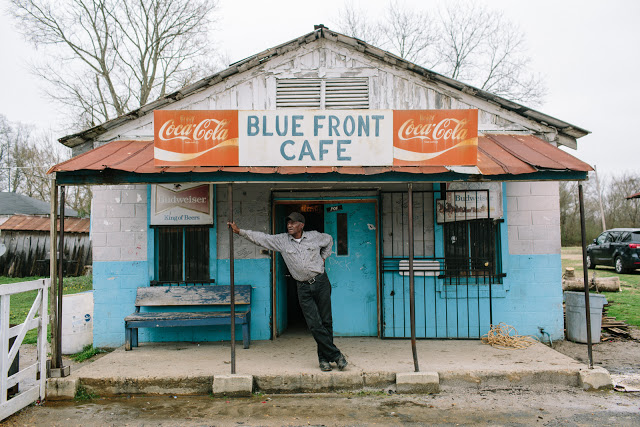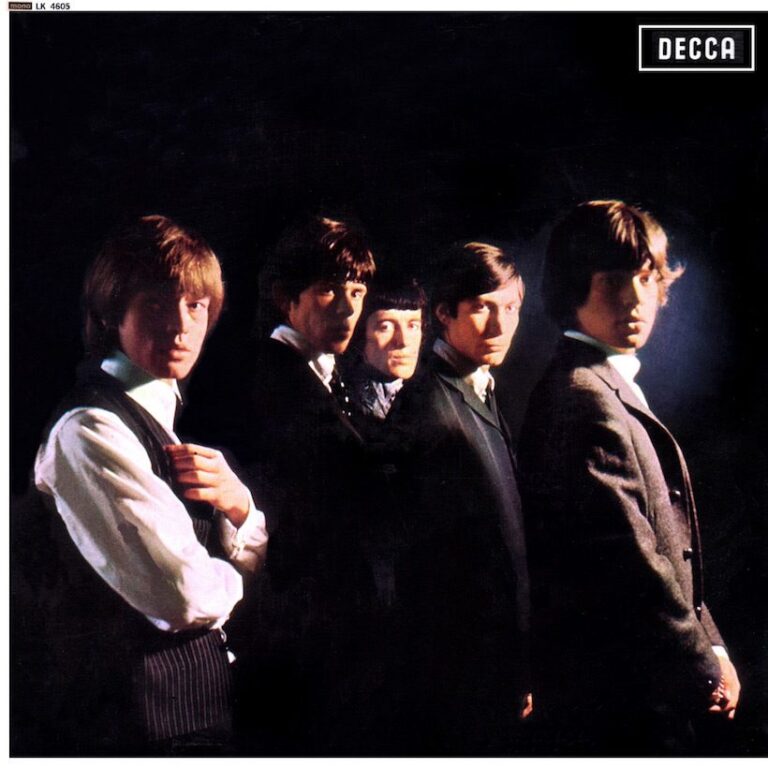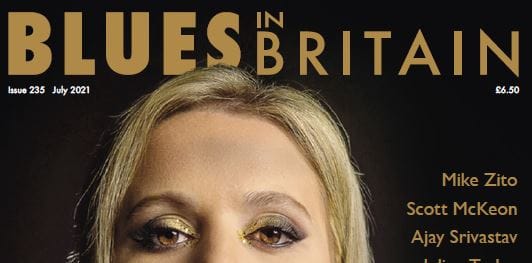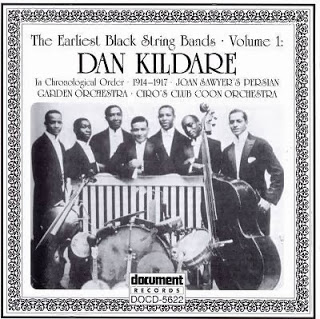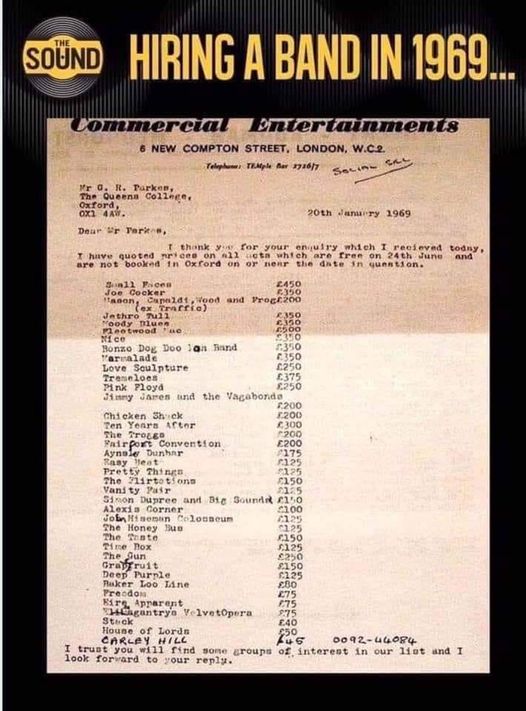A Kinky Sunny Afternoon.
It’s hardly rock ’n’ roll but we liked it.
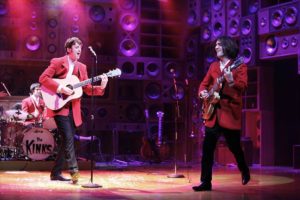
The first time I heard the Kinks, I didn’t know what struck me. Well, yes I did – probably the first power chords I’d ever heard; and they made the hairs on the back of my neck stand up and start head-banging.
It was high summer of 1964. Barely teenagers, we walked along the grassy tow-path of a country canal, its trees and bushes dripping with greenery reaching for the water. These were the days when working barges still plied England’s canals, and horses (sometimes) pulled them. If there wasn’t a horse on the end of a rope, they would be the sound of an old diesel chugging the boat forward. On this sultry sunny afternoon, the duh duh duh duh duh of Dave Davies’ electric guitar drowned out any approaching diesel engine.
“Girl you really got me going,” wailed Dave’s elder brother, Ray, from the tiny speaker of our tiny Japanese transistor radio. Japanese transistors were all the go that year.
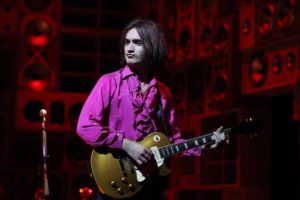
It was the Kinks’ first hit, You Really Got Me, cutting through the thick summer of 64 air. The sound was transistor-tinny, yet head-banging, loud and powerful just the same. It was the shock of the new: the birth, in many a critic’s opinion, of heavy metal. It was the fledgling sound of a new pop group who would become one of the defining rock bands of all time.
But the power of the original record was nothing, compared to the blast of power chords greeting the audience at the start of ‘Sunny Afternoon’, the Kinks musical tribute now showing at London’s Harold Pinter Theatre.
“Is this loud enough,” cried the actor playing Dave Davies, punching out the show’s first crunching chord.
“No”, what seemed like an army of pensioners shouted back. (Those of us getting down to the stalls had been held up by an ancient Kinks fan gingerly negotiating himself downstairs on his walking frame.) Correction: It WAS an audience of pensioners (almost).
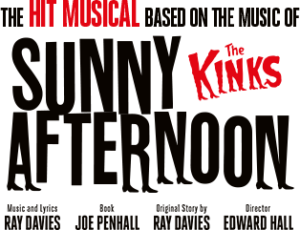
‘Dave’ struck his guitar again.
“Is this … “
“No”, the bobbing sea of white heads roared back. The pantomime repeated itself until the most deafening chord you’ve ever heard blasted from Dave’s guitar. The theatre shook, the roof almost blew off and the (mainly) elderly audience cheered wildly. It was the proverbial amp turned up to 21, when it was only supposed to go up to ten. I’ve stood next to the amp at a Black Sabbath concert, and this guitar chord was grossly louder.
So onto the performance proper. We had Dave Davies (George Macguire) swinging from a chandelier in a nightie. We had the finest songs from the Kinks’ extensive back catalogue played by actors who really knew how to play their instruments, and how to properly rock. We had a catwalk extending from the stage into the stalls, allowing the cast to energetically scamper up and down stairs between stage and audience.
I shouldn’t be surprised the audience was so old. This was a matinee, after all (the wife and I are getting to that age when you’d prefer to go to things in the day, rather than at night. It happens to all of us in the end). And here’s a tip. Don’t buy tickets from the official online agencies. Buy on the day, in the half-price ticket venues all around Leicester Square. That goes for all West End shows.
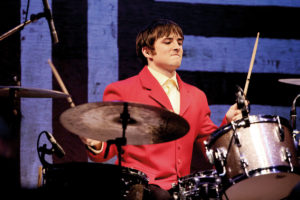
Now, at the beginning, I said Sunny Afternoon was hardly rock & roll, but we liked it. In truth, we liked it very much indeed. But apart from You Really Got Me and All Day and All of The Night, the Kinks musical quickly sashayed away from the raw blues and rock & roll, upon which the Kinks cut their teeth, and into their string of pop classics. And there were many to enjoy.
Waterloo Sunset, Lola, Dedicated Follower of Fashion, Well Respected Man, Tired of Waiting, Till The End of the Day, Where Have All The Good Times Gone, Sunny Afternoon, from which this musical tribute takes its title, and another 20-odd ironic, bitter-sweet and wistful much-loved songs, rocket the show along.
The main plot is how four working class lads from north London’s (now very chi chi) Muswell Hill became an international pop success on the back of classic pop songs penned by the Kinks’ brilliant but sensitive vocalist, Ray Davies (played by John Dalgleish). Enter the pantomime villains: the tough New Jersey manager, Alan Klein, the man famous for breaking up the Beatles and ripping off the Stones; and the the U.S. unions, the reason behind the Kinks becoming the only British band ever banned in America. Ned Derrington plays Kinks bassist, Pete Quaife, and Adam Sopp, who performs a thundering drum solo, is the band’s drummer, Mick Avory.
Sunny Afternoon climaxes in 1966, celebrating England’s soccer team winning the World Cup (for the first and, sadly, last time). 1966, one remembers, was actually a seminal year in the history of rock music. It was the last year that pop singles outsold albums. Indeed, 1966 was the year progressive pop became known as ‘rock’.
Hey, I’ve just nailed the year rock music began. 1966. Thanks Kinks.
